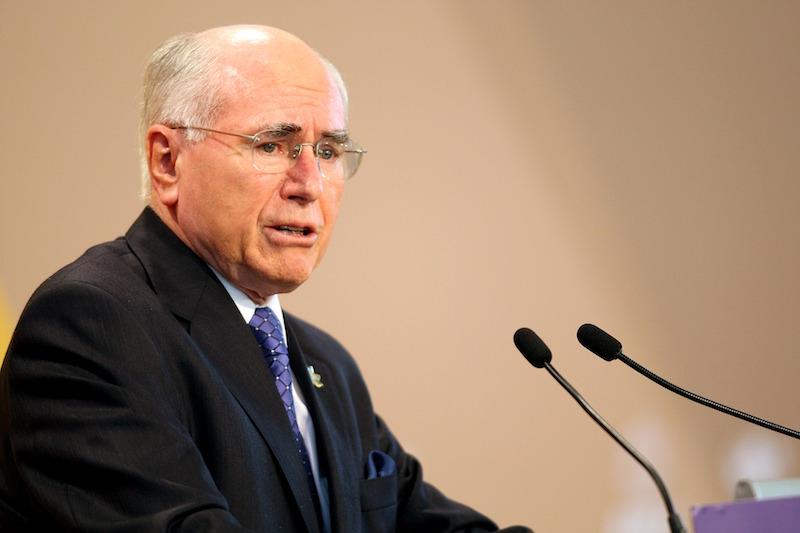The former prime minister of Australia John Howard said that Chinese officials raised concerns about Australian media during meetings between Australian and Chinese elites in Beijing last week.
At the request of the Morrison Government, Howard led an Australian delegation to annual talks in China on Dec. 7 and met Yang Jiechi, director of the Office of Foreign Affairs of the Chinese Communist Party (CCP). The delegation comprised senior representatives from government, business, academia, media, and cultural groups.




